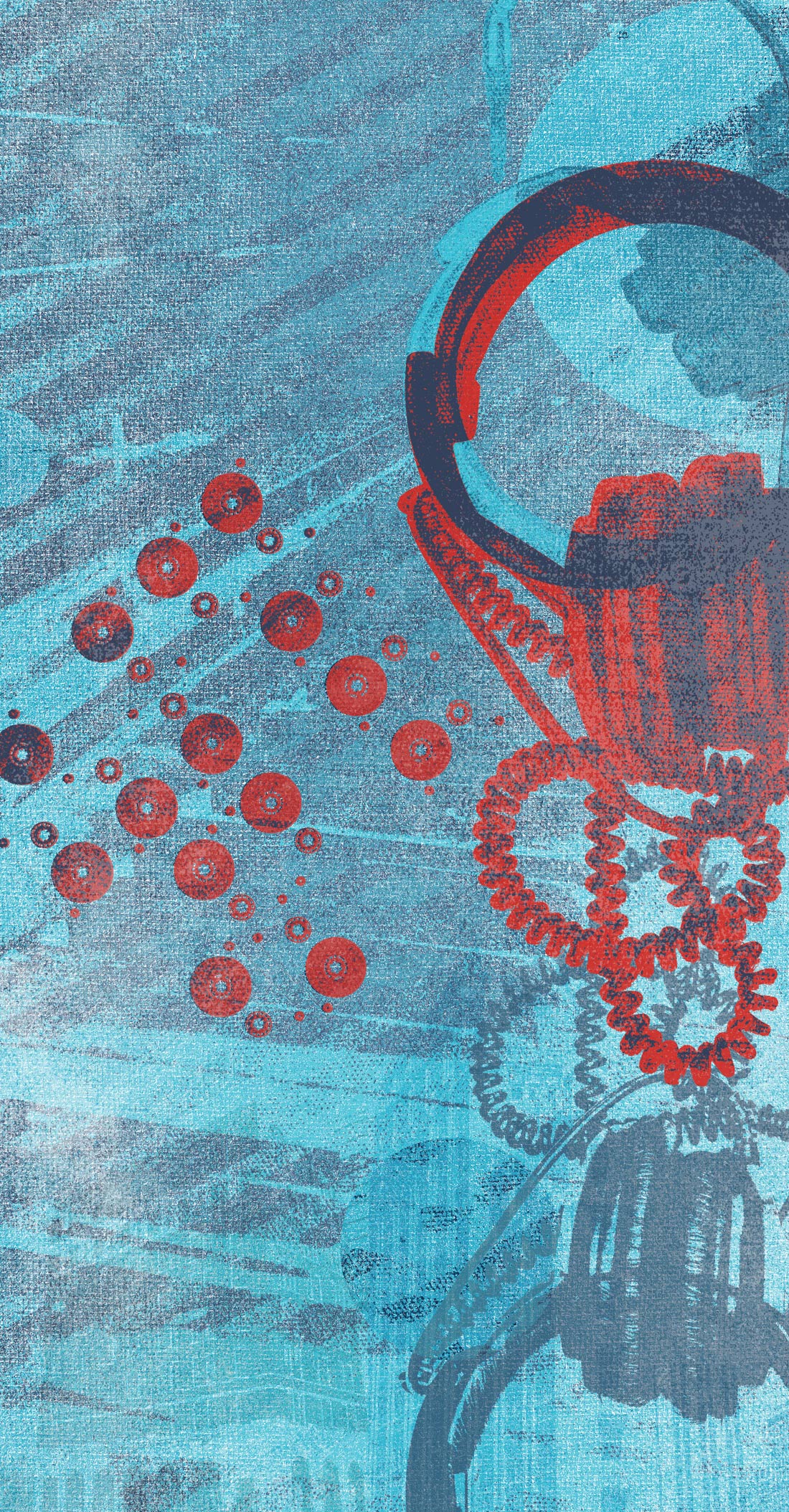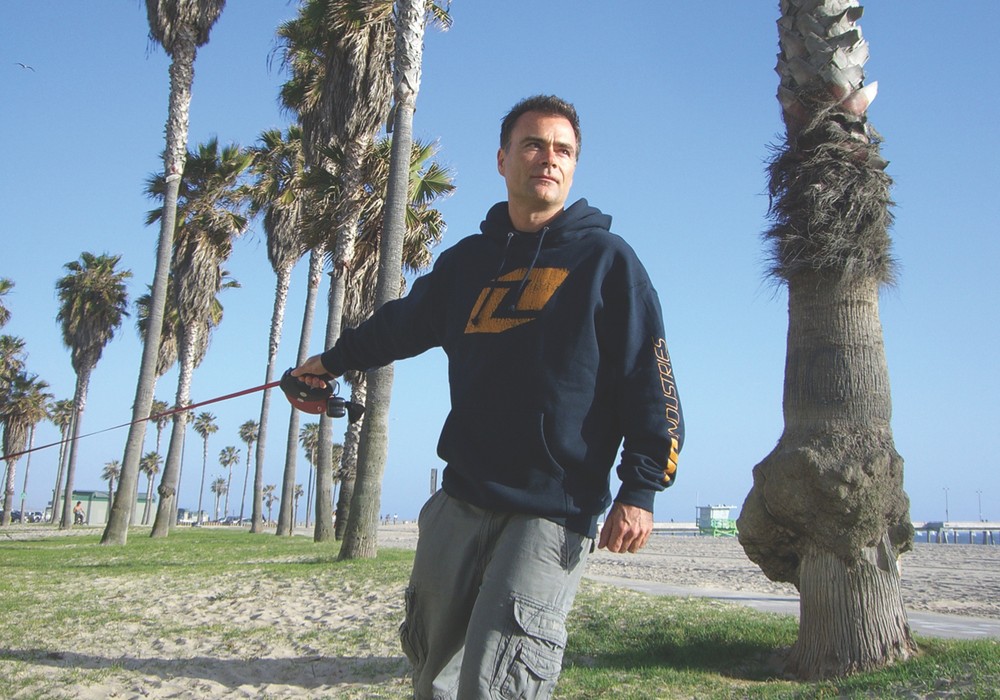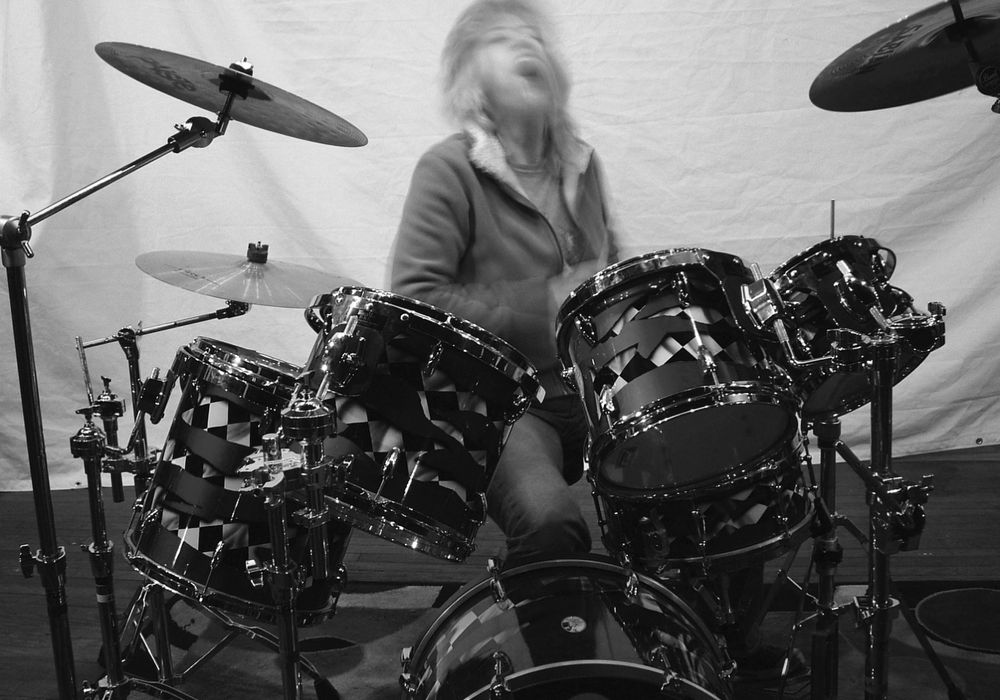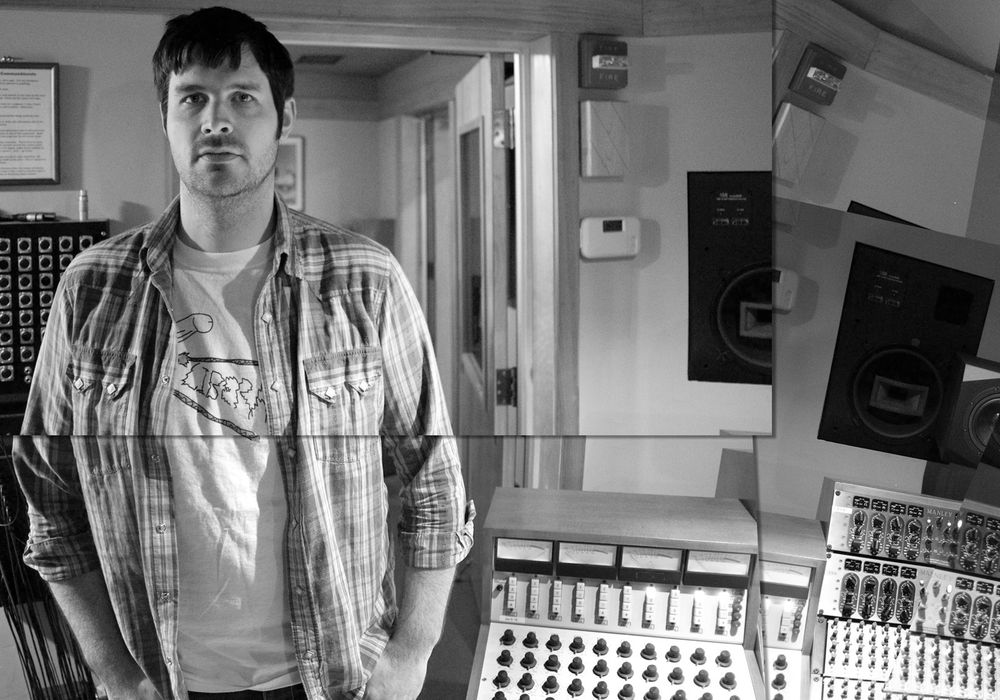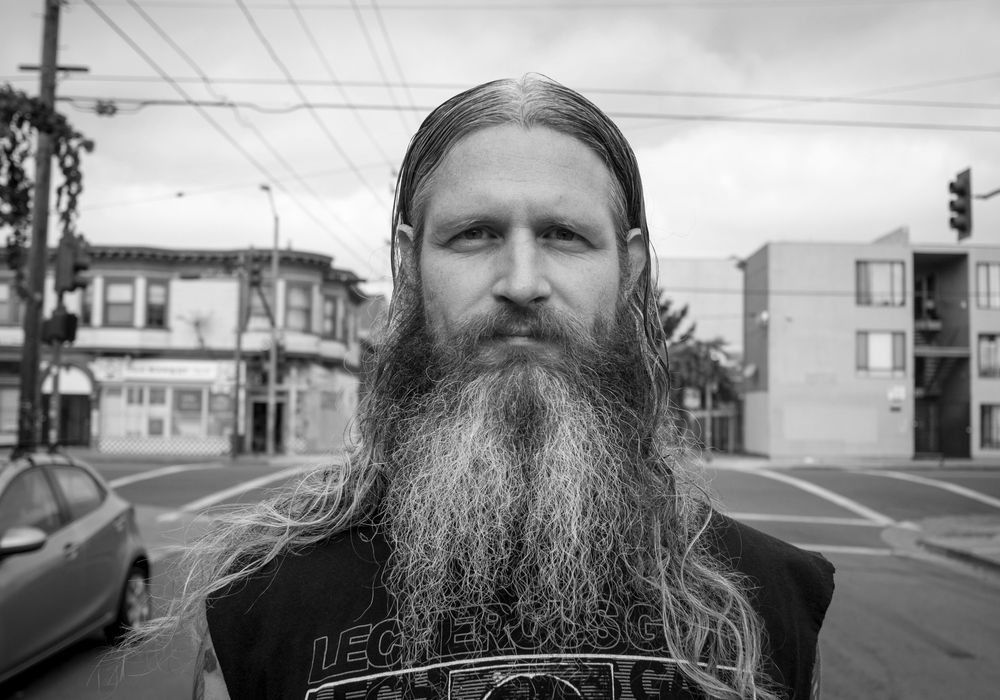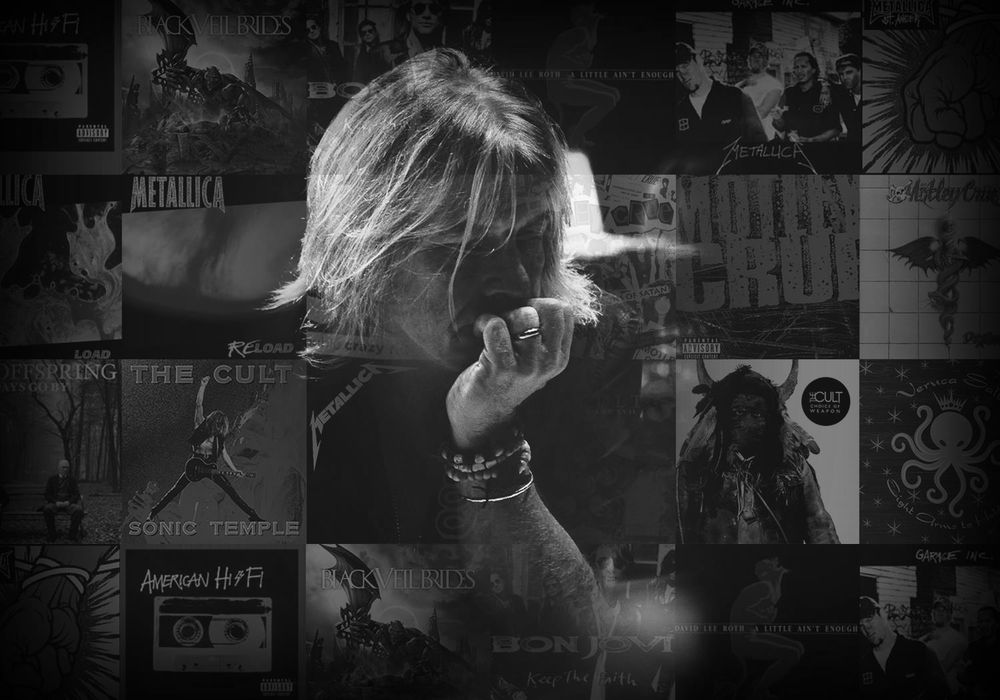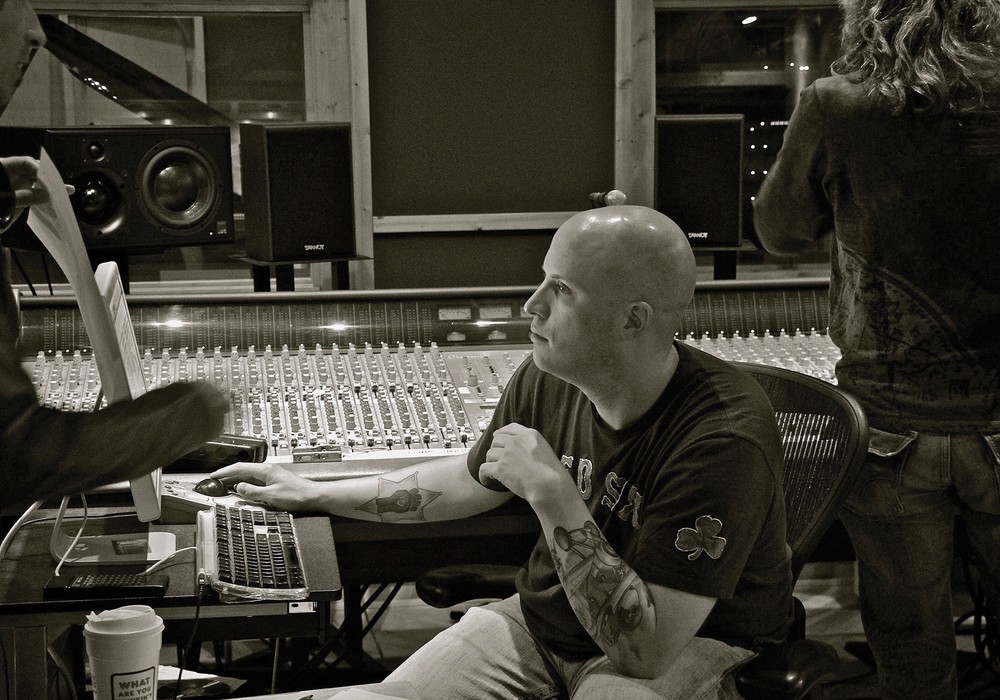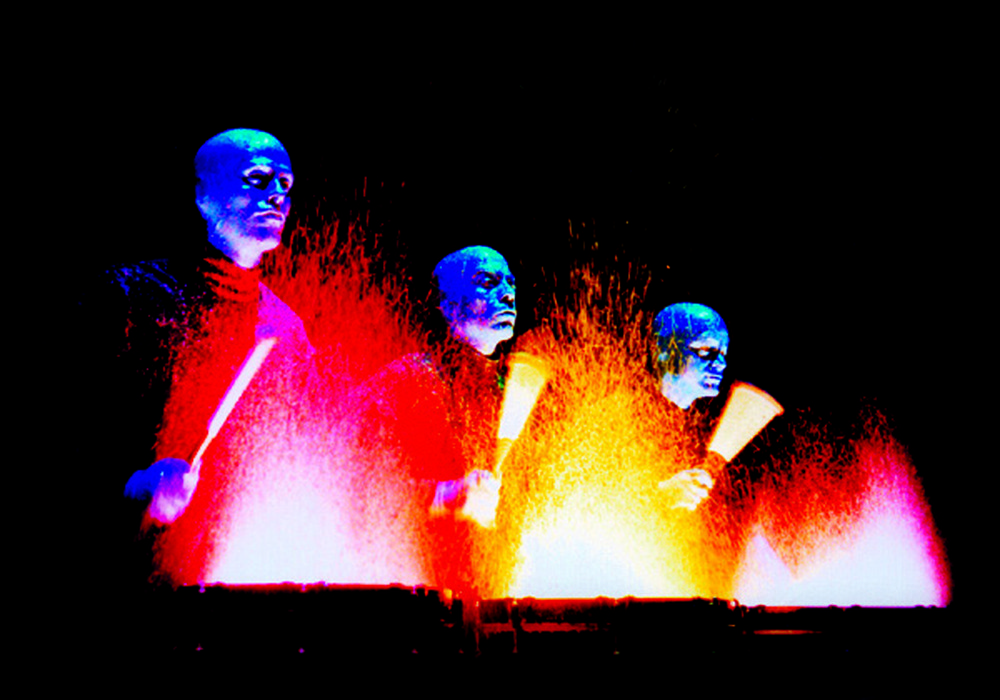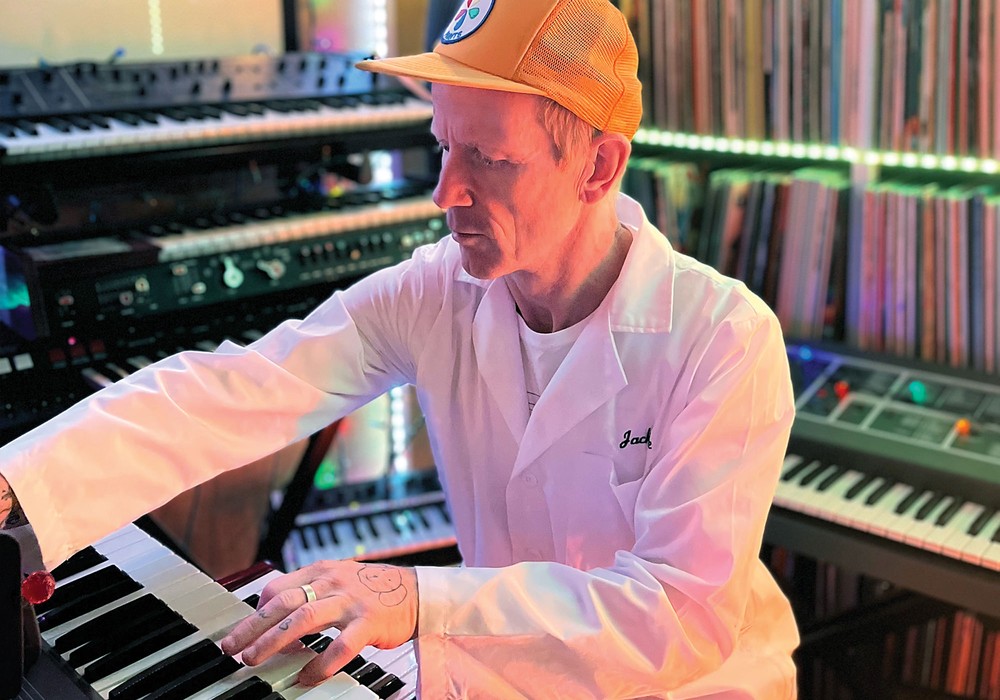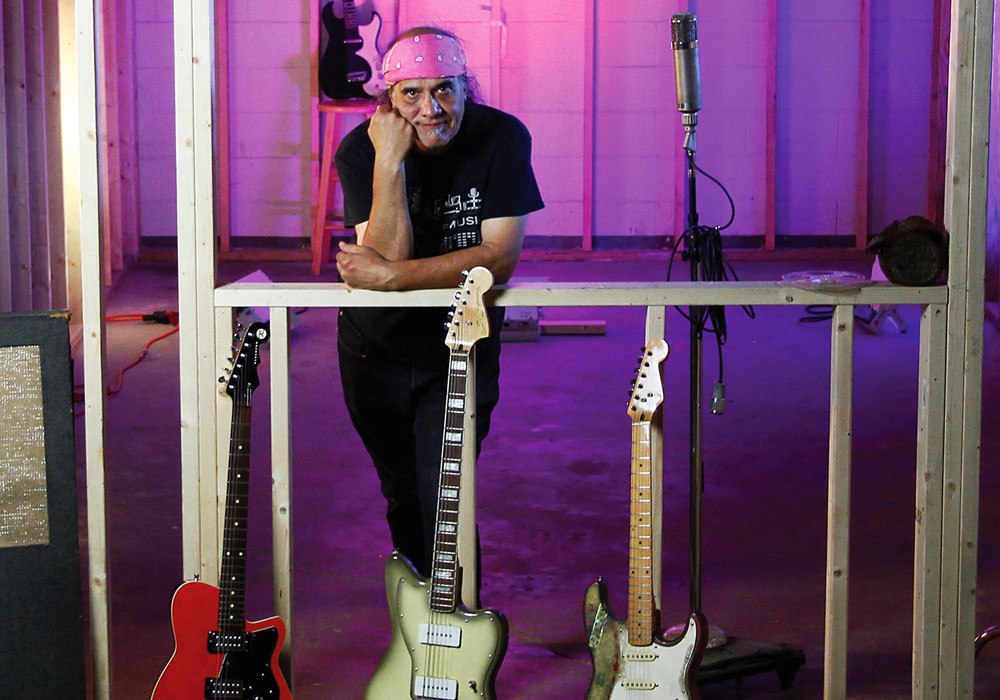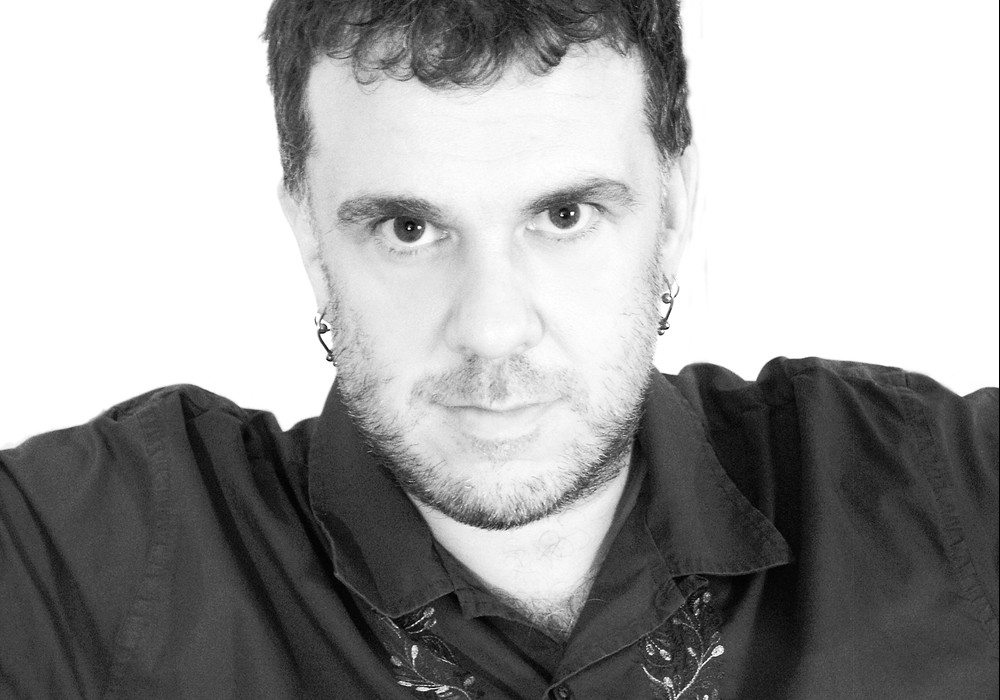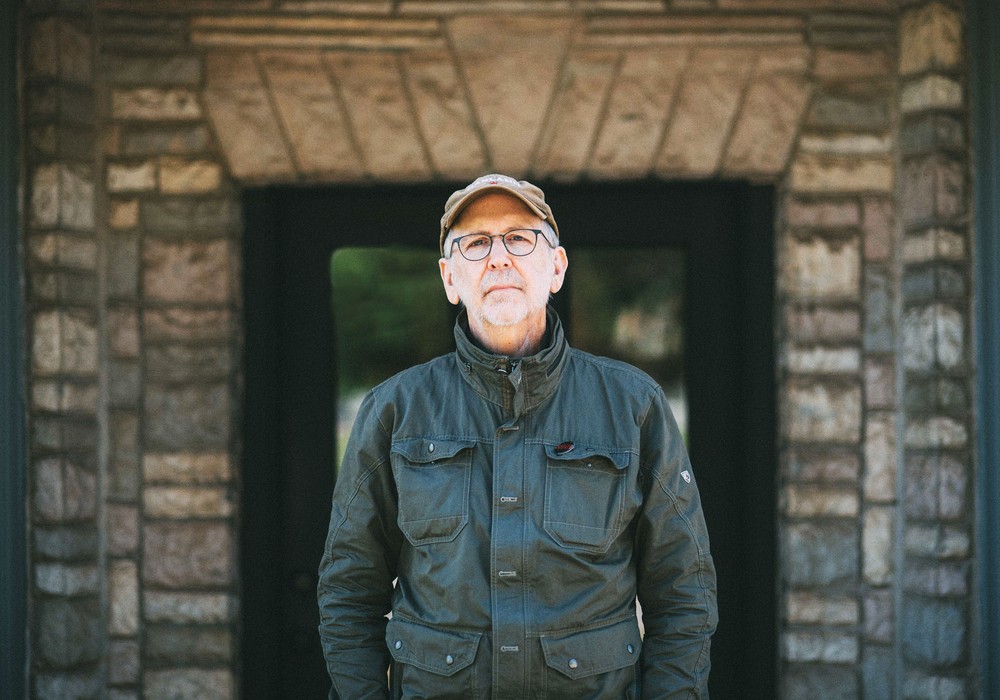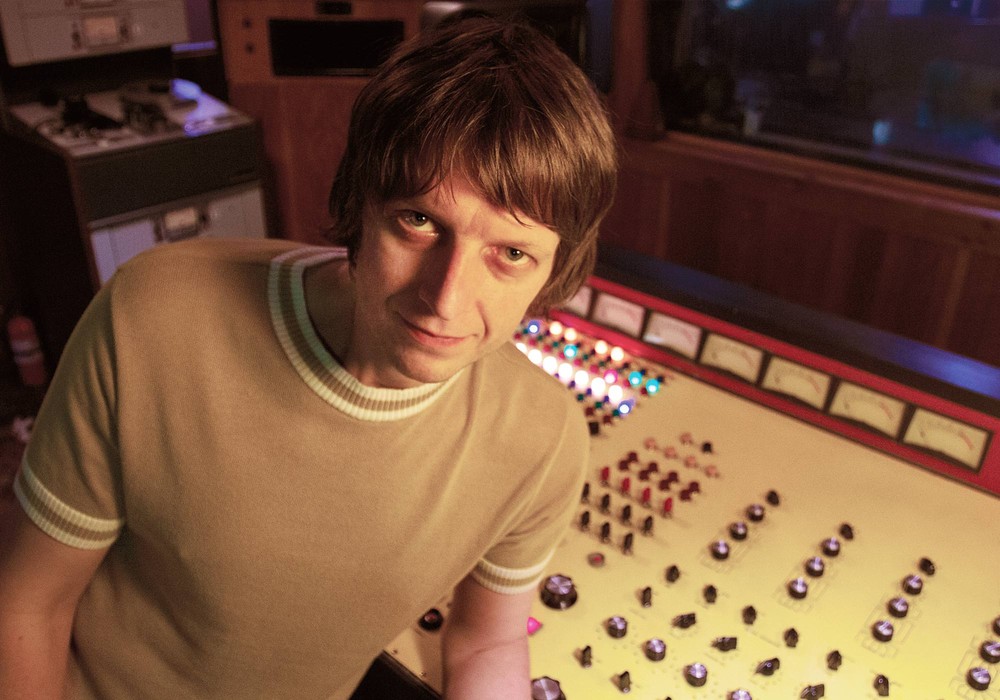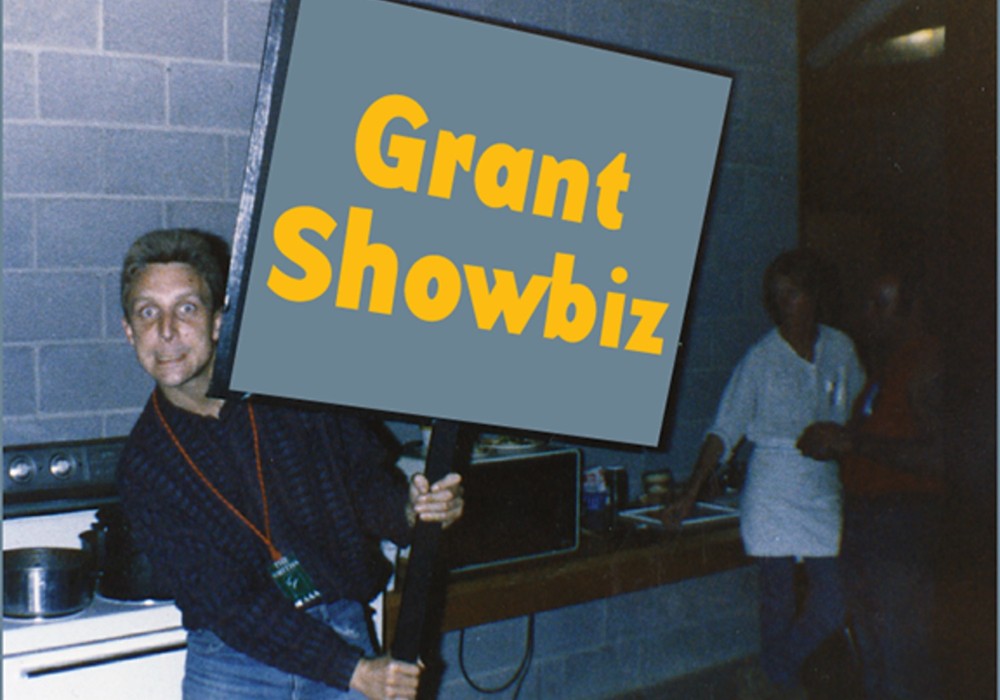Ross Robinson has over 20 years of album production experience spanning genres of intense alternative, metal and experimental rock, and is known for his evocative psychological manipulation as well as for his very detailed, aggressive recordings. This unique production style has brought the most out of bands such as Korn, The Cure, At the Drive-In, Klaxons, Norma Jean, My Own Private Alaska, Sepultura, Machine Head, Slipknot and the infamous Limp Bizkit. His past is rooted in classic rock, dirt biking and thrash metal, and his experience in the '80s as guitarist for cult thrash favorites Détente lead him into a career in the studio and record industry. In his beachfront home in Venice, California, Robinson has built a no-frills studio that gives birth to records of great creativity that retain the magic of his big- budget projects. The apartment-style first floor of his spacious modern house has been transformed into a small but very functional recording environment. A relatively minimal amount of gear here has been carefully selected and collected over the years to build a small setup with a great sound. I had the fortuitous dual role of being both a Tape Op contributor and a member of my band, Repeater, which Ross had chosen to record after hearing our music via MySpace. Time spent with Ross and this glimpse into his working methods opened up a series of questions that offer a unique look into one special producer.
How did you get your start in studios?
It's the same as when I recorded with my cassette 4-track — just by doing it and being obsessed with music.
Is there any one person you learned from initially?
The first record I recorded, I didn't produce. I was playing, and the producer was the bass player from Slaughter [Dana Strum]. He was this guy that took really big steps down the hallway — clunk, clunk — and he would just control everything. I worked for him after that as a production assistant. I was getting paid 75 dollars a week, but I didn't care. I felt rich. He was pretty full on, and I thought that was so cool, being 17 years old.
What is a producer?
A producer could be just somebody that wants to party, hanging out with bands. My job is to babysit — that's not true-well, it kind of is. It could be a lot of things for different bands. Mainly it's about the psychology of the lyric and turning it into the deepest expression of that — understanding the meaning of the song. People have this thing about me — that I'll make things crazy and it gets violent or out of control. But it's the lyric that pushes it — the song has its way. A lot of kids will write about hardcore stuff and think that they're cool or something, and I'm like, "Are you sure you want to sing about this?" With me they actually get to feel what they're writing down, and most of the time it's really brutal and it wears everybody to the ground.
Is production something you do to a band, or something you do with a band?
The song does it to the band. I make sure that the song is the life form that rules everything — not me or the band.
It seems that you revisit your pre- production methods throughout the sessions, but that initial push is what sets the tone for the entire project. Describe your process.
Rehearsal. Work out the beat, get a piece of meaning of what we're trying to express and then take it deeper and go more psychological with it. To actually record it for real — then that's when we go deep into the meaning. Hopefully the drummer did his homework and he can play it without thinking about playing, and he can be exuding the core intention of what the song is about. With The Cure, normally Robert would record the music before he did the vocals (except for their first record), so nobody knew what the song would be about. It was just kind of like a "vibe" that they would record. With our record [The Cure, 2004] I wanted him to write the lyrics first. The air was thick, because what he sings about [aren't] always the happiest things in the world — so people had to feel it when they recorded their drums and their parts. English people don't really want to feel that much.
What do you see as a great take?
When everybody forgets they're actually on an instrument. If it hits that mark, there are chills as it's going, and something else happens — the body disappears.
How much of the drum editing is done before you start the rest of the basic tracking?
It depends on how technically good the drummer is. It could be wild, and then I'm working on it throughout with Pro Tools. With tape I would have to get it. It's really ruthless.
You like a natural sound in the drums, but you do a lot of edits. How do you reach a compromise and say that it's finished?
When the song says it's finished.
You do some brutal tweaking through your personal stash of stompboxes. You are on your knees finding and manipulating tones on take after take, sometimes a few bars at a time.
It's not really the effect; it's the phasing in between the pedals that creates the sound. With the bass it's consistency in the playing. I'll work on the bass tone a long time to get the phasing correct. If the...
